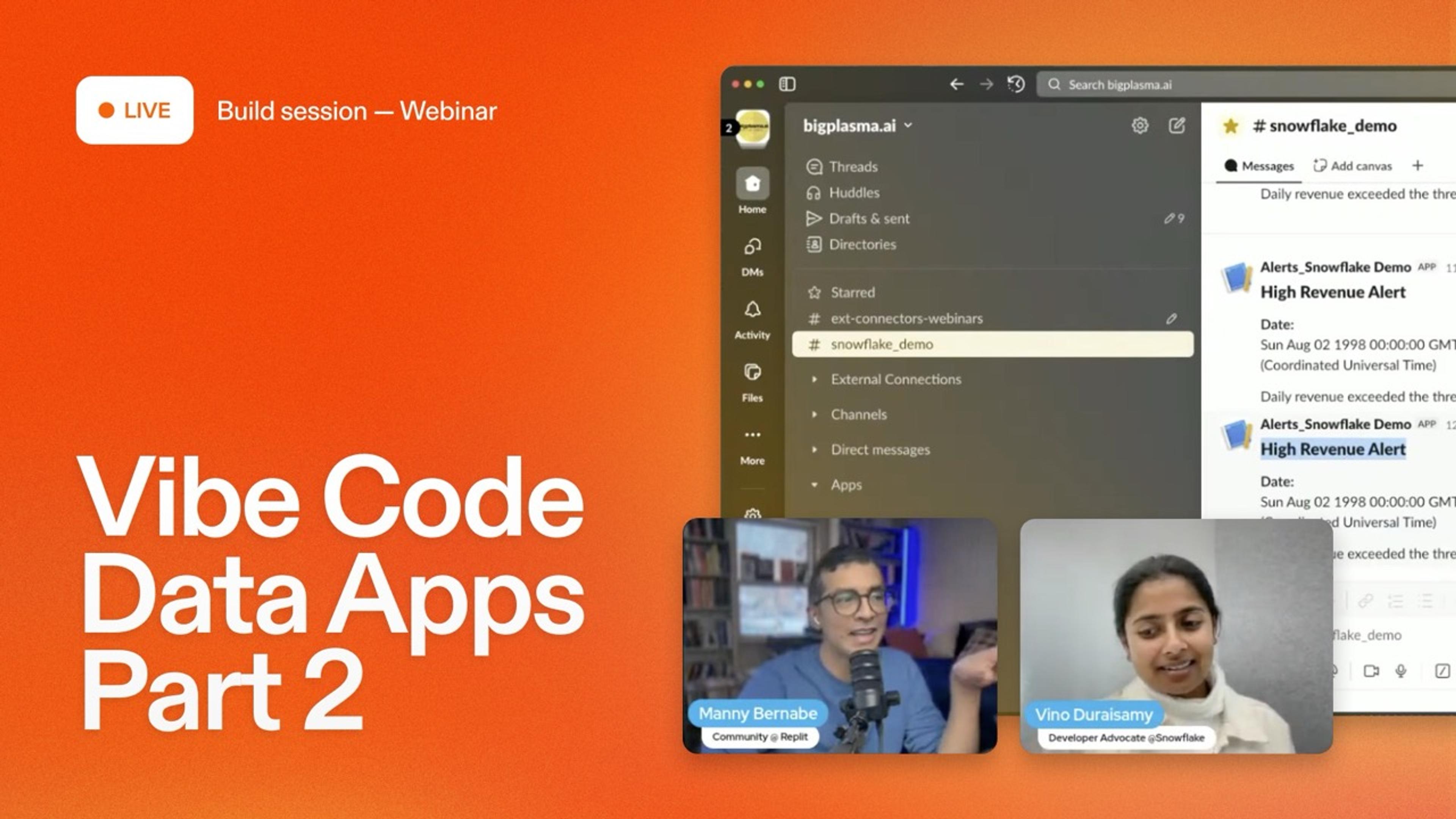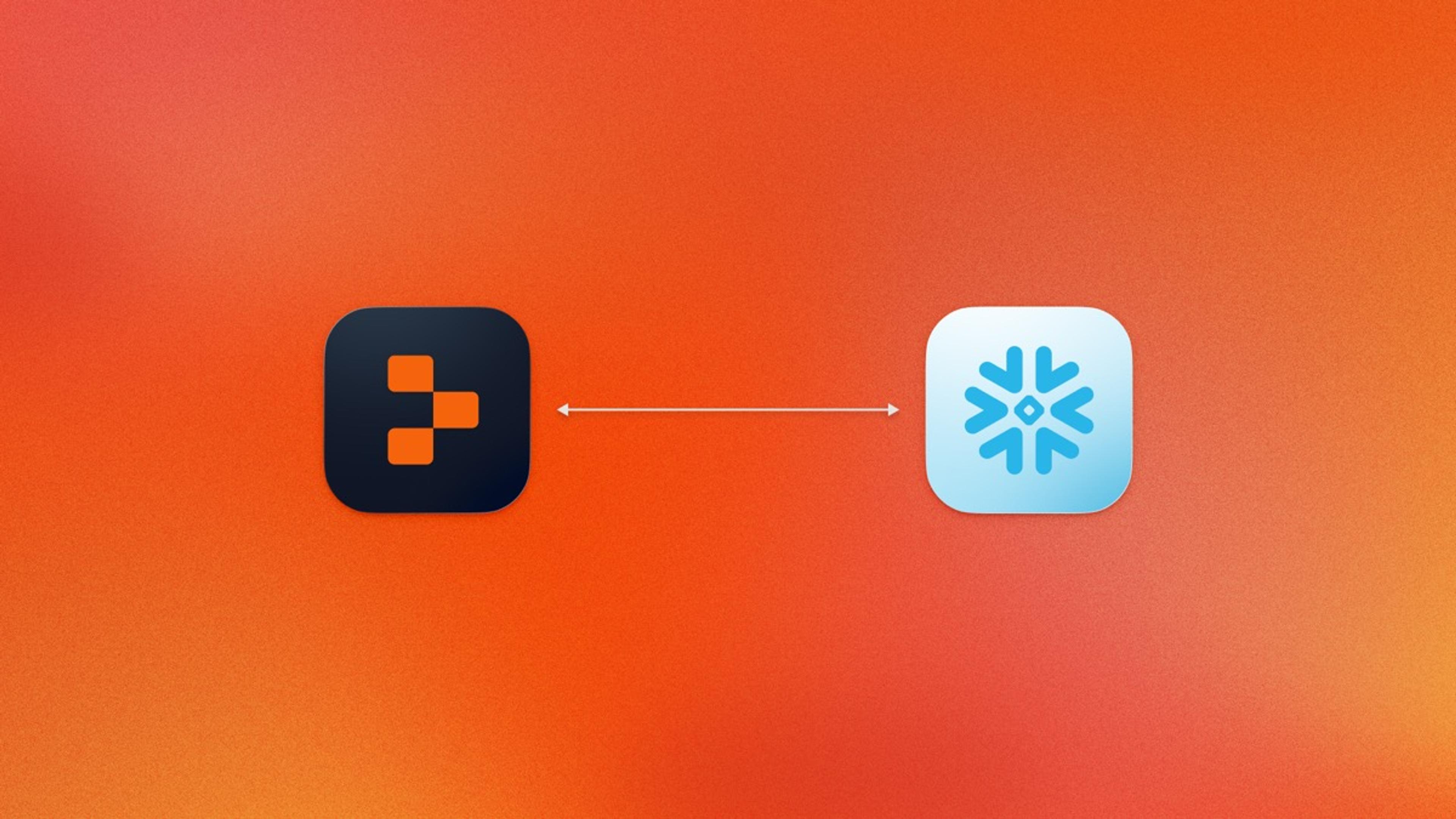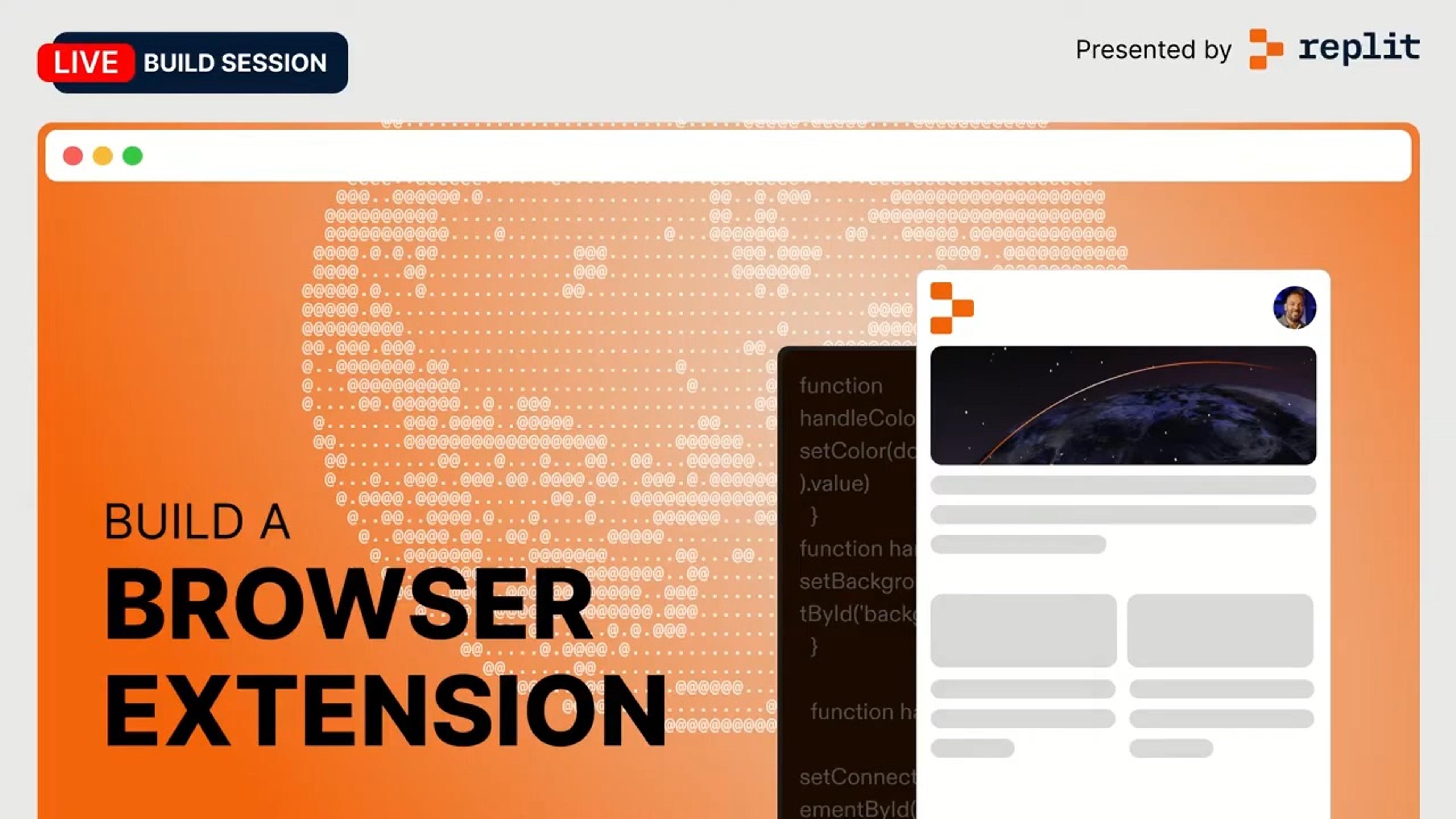If you have a body, you are an athlete.
Bill Bowerman, Co-founder, Nike
The title "programmer" was always reserved for those who code. So it make sense that shipping software is synonymous with, well... writing code. But is the hardest part about shipping really learning to code? I wish.

The hardest part(s) are everything that lives between localhost and live.
Today, we're seeing a new class of builders—the AI native developer. These users have some technical prowess and build through clever use of the latest tools. But the problem was never just writing code. Despite lower friction to code, roadblocks still exist.
Where, you ask?
Between localhost and live
What lives between localhost & live? It might be configuring your development environment, system dependencies, and packages. It could be managing virtual environments... or figuring out what the heck a virtual environment is. And don’t get me started on services—databases, object storage, etc.
That’s before you even put it on the internet. Now, you’re worried about deployment providers, infrastructure, and security. Good luck if you're not a professional developer.
With all this complexity, it’s easy to spend time learning without doing. Endless courses with little to show and a lukewarm understanding of your goal. But things are changing.
Anyone can write code because knowledge is free and decentralized. Still, localhost to live is more than code... and it's ambiguous. The solution? Learning systems and frameworks with our new tools. We all have a statistical model trained on the entire internet at our fingertips. You can learn systems and build software faster than any time in human history. The first step is learning to learn.
How to learn
We’ve known for quite a while that AI excels at retrieval, summarization, and paraphrasing. Where do we use those things? Education. AI excels at education. As it would turn out, it also excels at generating code. Beyond that, teaching code.
What is NextJS App Router? How does FastAPI work? How do I connect a frontend in JS to a backend in Python? AI can answer these questions, fast. It can include context and details missing from Stack Overflow. It can break things down to analogy and example.
"I've used a lot of tools, but I found Replit to be the easiest for anyone learning to code in 2024."
AI rewards the curious—those who ask questions and double-click relentlessly. It penalizes copypasta and breaks with haphazard inputs. "Garbage in, garbage out" as they say. You can use AI to understand systems and generate their components. But where do you put it all?
Development environments
For artists, the creative journey starts with inspiration. It continues with the space and tools to perform good work. The same is true of programming. You need inspiration, but you also need a development environment. This is especially true for our AI-native coders (and I'm not the first to realize it).
Every one-shot AI tool creates an environment, but most are hyper-specialized and obfuscated. It might only use a niche React config. Perhaps the backend is hidden—you only interact with output. These tools build running apps, but how many give you the environment, too?
The ideal environment
Beyond existing, the environment should also be easy to use. It should simplify installing languages, adding packages, and connecting services. A database, a way to store secrets, or a custom domain.
It should be portable. You should be able to make changes or take it with you when you're done. There shouldn't be platform lock-in or hurdles to sharing. It should run everywhere, for everyone.
That’s Replit. Replit is an editor that lives in your browser. It’s a virtual environment that lives in the cloud.
If you're more technical, it's a cloud IDE backed by an instant Ubuntu VM. When you're done building, it's snapshotted and deployed in minutes. If you’re less technical, think about it like a place to focus on building, not the hard or boring stuff. We’ve spent over half-a-decade building so you can reap the benefits.
Want to install Node? Python? Do it in a single line.
Want to use AI to edit code? We have that too. Need to add a serverless Postgress DB? Key-value DBs? Object storage? Secrets management? Check, check, check, check.
The result? All the benefits of AI paired with an environment-on-rails, so you can build and ship, fast.
Introducing: Agent
A few weeks ago, we took things one step further by introducing the Replit Agent. The Agent is a LLM interface that has access to the entire Replit workspace.
The Agent differs from other AI coding tools: it creates entire development environments. That means installing languages and packages, adding services, and even deploying your apps.
Want to build an AI-powered dashboard to make your team more productive? Cool. The Agent can get your MVP started and deployed, then you can take it from there.
Deployment parity
The "secret sauce" of Replit is that there's "deployment parity." Your development environment is the same as what gets deployed. That means if it runs on Replit, it deploys. Period.
Pair that with the Agent and an open environment for the user, and you have a tool that empowers builders. Even those who have never written a line of code. All that's required is curiosity.
The Agent, like Replit, runs the same on any browser or mobile device.
The future of building
The future of building looks much more like project management than anyone expected. "Important skills" are being redefined. Understanding what exists, how it connects, and everything between separates doers from dreamers. No, everyone is not a professional developer, but they are developers.
The iPhone brought amateur photography to the masses. AI is doing the same for software. It starts with generating code, but the very next step is building environments.
I’m not telling you to fire your technical cofounder and build the next Uber (yet). I won't tell you how to get rich quick (like I know?) But I can say that you can write code and ship, regardless of your background.
Yes, core engineering is important. Yes, coding is a skill and an art. It will remain that way for a long time. But... If you're paying enterprise SaaS for a half-baked link manager, you can build it yourself. You can share it with others. (We have access control for deployments, too)
The future looks more like natural language and less like configuring dependencies. That means less "$50 per seat per month" React apps and more empowered builders.
Today everyone is a programmer. Tomorrow everyone is a builder. You can start now or catch up later.
— Matt





